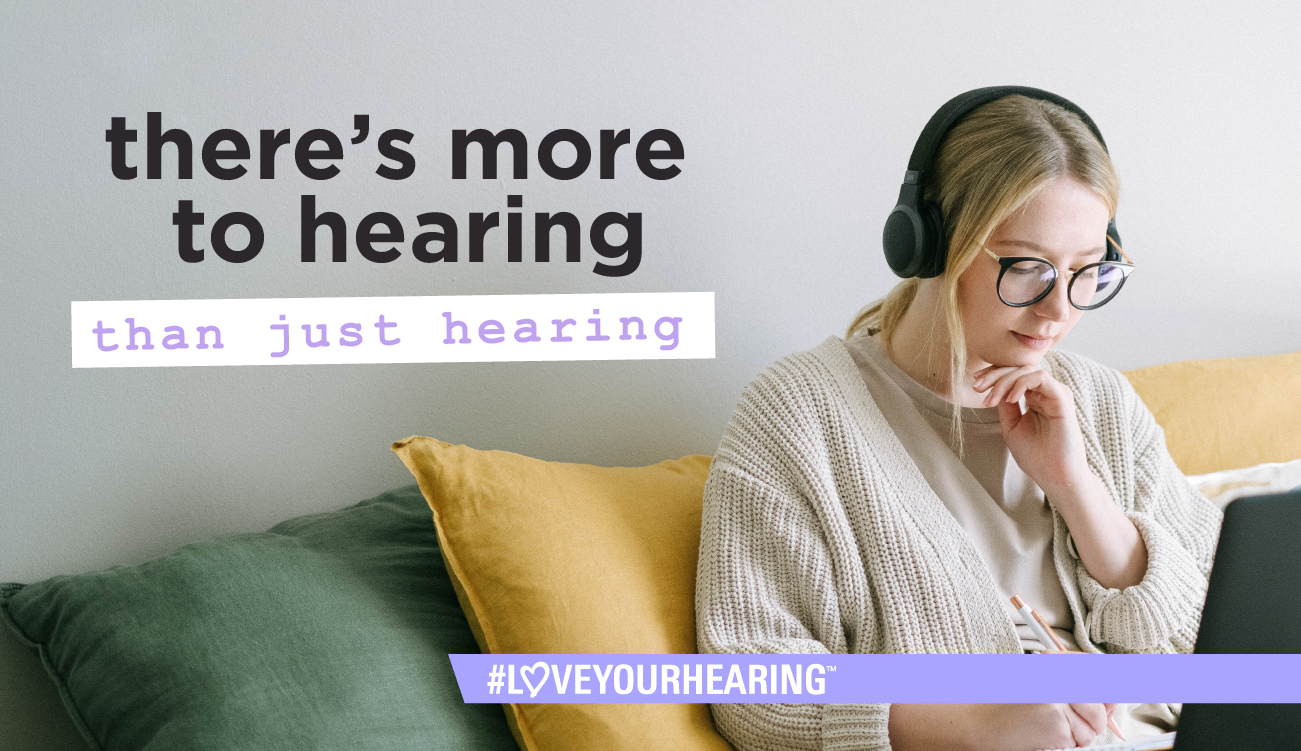
We’re living in an exciting age where hearing loss has shrugged a lot of its outdated stigmas. This is largely due to innovative advancements like Bluetooth and minuscule hearing aids, as well as a proliferation of information available on several digital platforms.
But there is one consequence that is seldom addressed in the media and that is the effect of hearing loss on a person’s mental well-being!
October the 10th is World Mental Health Day, so at Hearing Works, we’ve decided to shed some light on this ‘hidden’ issue.

Understanding types of hearing loss
- When someone unexpectedly loses one’s hearing suddenly (may be over a few days) this is known as Sudden Sensori-neural (“inner ear”) Hearing Loss (SSNHL), and is often referred to as abrupt deafness. SSNHL can be brought on by trauma, disease, accident or exposure to brief bursts of extremely loud noises.
- In general, the majority of hearing loss cases develop gradually over time, possibly as a result of ageing, being exposed to loud, repeated sounds or oto-toxic medication.
- However, the psychological and emotional long-term effects caused by sudden or gradual hearing loss, carry a danger of affecting a person with moderate to severe depression and anxiety.
The invisible threat
- People with undiagnosed or untreated hearing loss, frequently avoid conversation as it gets more and more challenging.
- Shopping trips are replaced by online purchases, phone calls are replaced by emails, and social gatherings are often declined. Unfortunately, the inevitable result is self-imposed isolation.
- By nature, we are social creatures and when we don’t have a form of human connection, this can lead to retreating, often through sheer desperation or embarrassment.
- With this comes a sensation of being out of control, which contributes to the despair experienced by people with hearing loss. It’s a sense of helplessness due to the inability to readily and easily interact with others.
There is a way out
- The best way to combat these emotions is to proactively take action to regain control of your hearing.
- Seeking help is the first step and talking about what you are going through is highly beneficial.
- People who actively manage their hearing loss, report feeling more empowered.
Use World Mental Health Day on the 8th of October as motivation and an opportunity to discuss how you’re feeling, so you don’t allow your emotions to escalate.

Remember, once you notice any signs of hearing loss, it's critical to take immediate action.
Making an appointment at your nearest Hearing Works store is exercising your control over the situation and taking the bravest step towards exploring your hearing health and promoting mental well-being.


